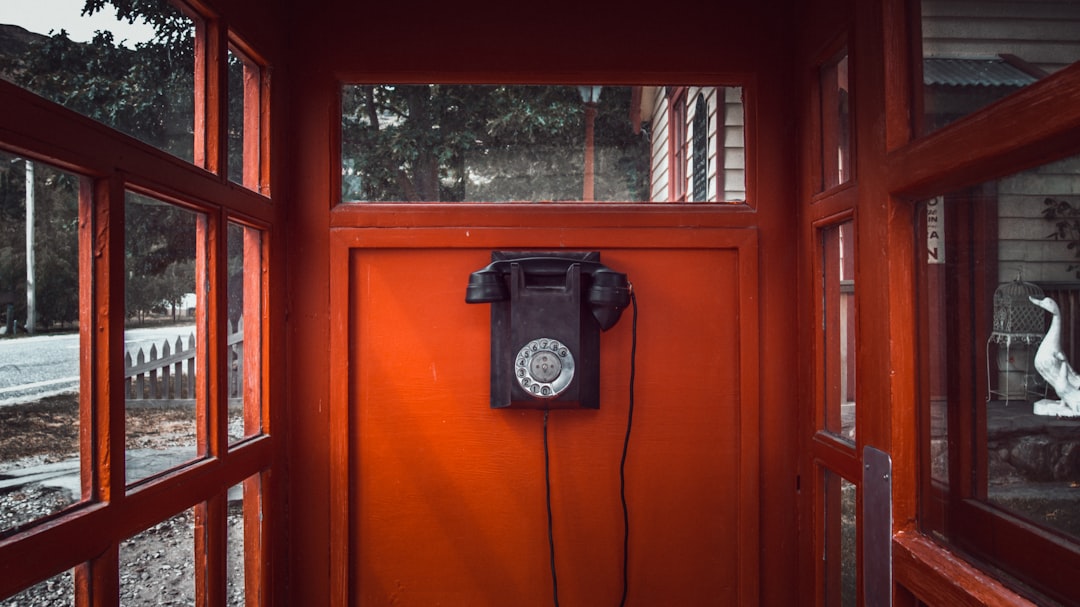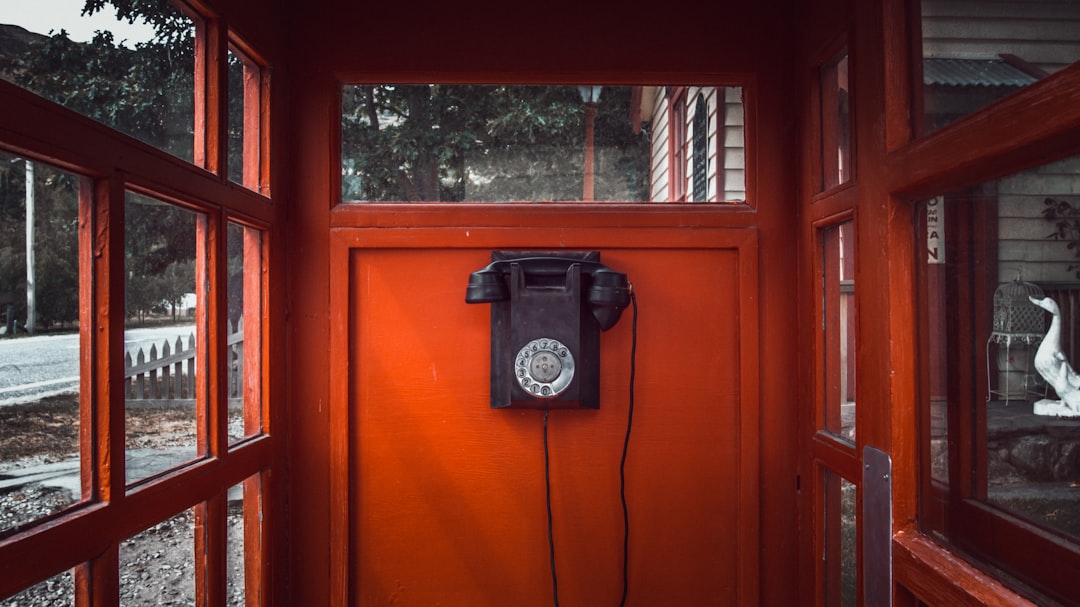Madison's major events attract spammers who target areas around venues with high-volume calls, leading to a spike in unwanted phone activity. By analyzing historical and real-time data, residents can predict these trends and minimize exposure through informed actions like adjusted call settings, robust anti-spam strategies, and the use of call-blocking apps. A collective effort involving education, community collaboration on do-not-call registries, and official communication channels during emergencies is crucial to significantly decreasing spam calls in Wisconsin.
Unwanted spam calls are a persistent nuisance, especially during major events in Madison. This article explores the impact of such gatherings on call frequency and offers insights into effective strategies to combat spam calls in Wisconsin communities. We analyze data to identify patterns, uncovering trends that predict spam call surges. By understanding the relationship between events and these calls, we can implement targeted solutions, ensuring a quieter, more enjoyable experience for Madison residents and visitors alike. Learn how to stop spam calls in Wisconsin through practical approaches tailored to this unique challenge.
Understanding the Relationship Between Events and Spam Calls in Madison

In Madison, like many other cities, major events can significantly influence the frequency of spam calls. These events, from sports matches to cultural festivals, create a surge in phone activity as attendees connect with friends, family, and local businesses. Spammers capitalize on this increased connectivity, targeting areas around event venues with high-volume call campaigns. Understanding this dynamic is crucial for Madison residents seeking to know how to stop spam calls Wisconsin.
By recognizing the correlation between events and spam calls, individuals can take proactive measures to minimize their exposure. This involves being mindful of local events, adjusting call settings temporarily, and adopting robust anti-spam strategies. By staying informed and implementing these tactics, Madisonians can enjoy events without the constant interruption of unwanted phone calls.
Identifying Patterns: Analyzing Data to Predict Spam Call Trends

Identifying patterns in spam call data is a crucial step in understanding and predicting trends. By analyzing historical and real-time data, researchers can uncover correlations between major events and subsequent increases in spam calls. For example, in Madison, Wisconsin, spikes in spam calls often coincide with local festivals or national holidays, as scammers target residents during these bustling periods. Through advanced data analytics, it’s possible to identify specific patterns and anticipate future trends.
This predictive analysis enables individuals and organizations to take proactive measures to stop spam calls Wisconsin. By recognizing peak times for scams, people can be more vigilant, adjust their privacy settings, and report suspicious numbers. Moreover, businesses can enhance their call filtering systems and implement robust security protocols to mitigate the impact of these unwanted intrusions.
Strategies to Combat and Reduce Unwanted Spam Calls in Wisconsin Communities

Combating unwanted spam calls is a collective effort, and Wisconsin communities have several strategies at their disposal to reduce their frequency. One effective approach is to educate residents about the latest tactics employed by spammers. Regular awareness campaigns can teach folks how to identify suspicious calls and report them, thus disrupting the spammer’s business model. Encouraging the use of call-blocking apps and tools that filter out known spam numbers is another powerful method. Many such applications learn and adapt, becoming more effective over time in blocking unwanted callers.
At an organizational level, community groups and local authorities can collaborate to establish robust do-not-call registries, ensuring that residents’ contact details are protected. By implementing stricter regulations and penalties for spamming activities, Wisconsin can deter spammers from targeting its communities. Additionally, promoting the use of official channels for communication, especially during emergency situations, ensures that residents remain cautious while also reducing the chances of falling victim to spam calls.






